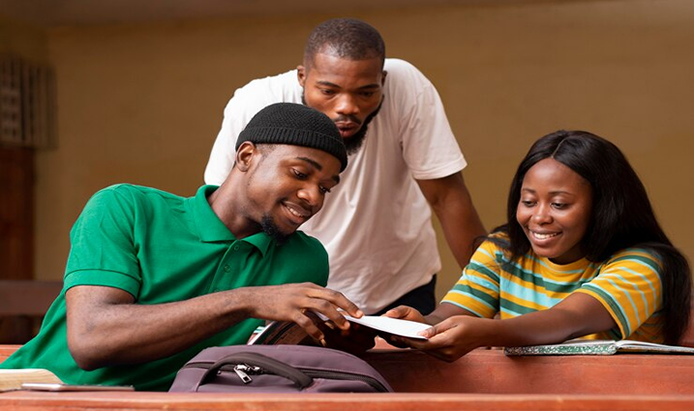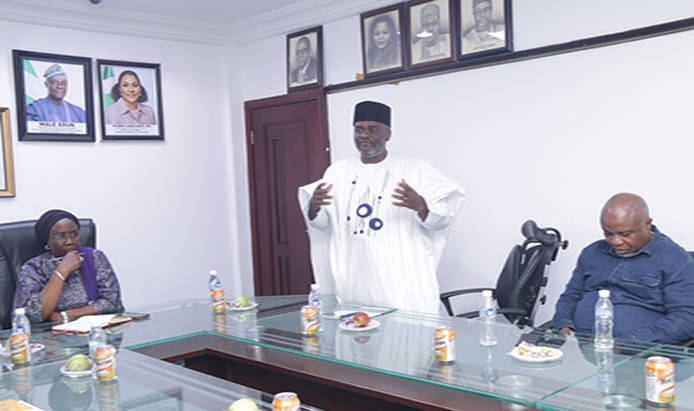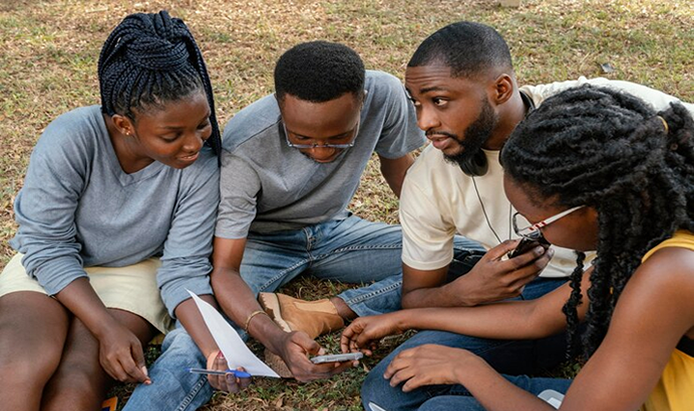
Nov 17, 2024
By, Prof Appollonia Okhimamhe
The State of Education in Nigeria and Lessons from other countries
Preamble:
Nigeria's potential as Africa's giant is hindered by underutilized education benefits. Despite rich diversity, national unity and development are challenged. Unlike India and China, human resources remain unequipped to harness natural resources. Education investment is crucial for prosperity, yet Nigeria's budget is far below UNESCO's 26% recommendation. The 41st USOSA plenary’s theme emphasizes this urgent need.
Inclusive Education and National Unity:
The establishment of pioneer unity schools over fifty years ago highlights the importance of inclusive education. UNESCO views it as a reform embracing diversity among learners, essential for unity and building legacies. Countries like Finland, the US, Canada, the UK, Australia, New Zealand, Italy, Sweden, South Africa, and India have made strides in inclusive education, focusing on accommodating all learners. Finland, known for its holistic approach and minimal standardized testing, leads with reforms starting in the 1990s, supported by highly trained teachers and equitable practices.
Challenges in Implementing Inclusive Education in Nigeria
In Nigeria, inclusive education is seen primarily as integrating children with disabilities into general settings, contrary to UNESCO’s broader view. Progress includes policies like the National Policy on Education and the 2019 Disability Act. Special Education Needs programs, supported by NGOs and UNICEF, aid integration. Challenges include inadequate facilities, funding, stigma, and lack of teacher training, emphasizing the need for comprehensive policies.
Lessons Learnt from Finland, United Kingdom and India
Implementing inclusive education is a multifaceted challenge that various countries have addressed with diverse strategies, yielding valuable lessons and best practices, which Nigeria could use as a guide. In this essay, Finland, United Kingdom and India were carefully selected based on early intervention, legislative support, parental and community involvement. Finland emphasizes early identification of learning difficulties and special needs, showcasing the importance of timely support. The deployment of resource teachers who collaborate with general educators ensures that all students receive the support they need within mainstream classrooms. Finland's use of individualized learning plans tailored to each student’s needs sets a benchmark for personalized education. India’s policies, such as Sarva Shiksha Abhiyan (SSA) and the Right to Education (RTE) Act, highlight the importance of inclusive education. Community-based rehabilitation (CBR) programs and awareness initiatives emphasize the role of the community in supporting inclusive education and reducing stigma. The UK’s legislative frameworks, such as the Equality Act 2010 and the SEND Code of Practice, ensure that schools are legally required to provide inclusive education. Active parental involvement in developing and reviewing IEPs fosters a collaborative approach to a child's education. The UK highlights the importance of legal backing and family engagement in inclusive education.
Conclusion
To harness Nigeria’s potential, increased investment in education is essential, aligning with UNESCO’s 26% budget guideline. Adopting inclusive education practices from Finland, the UK, and India - focusing on early intervention, legislative support, and community engagement - can address challenges and promote national unity and sustainable development, making Nigeria a true African giant.







